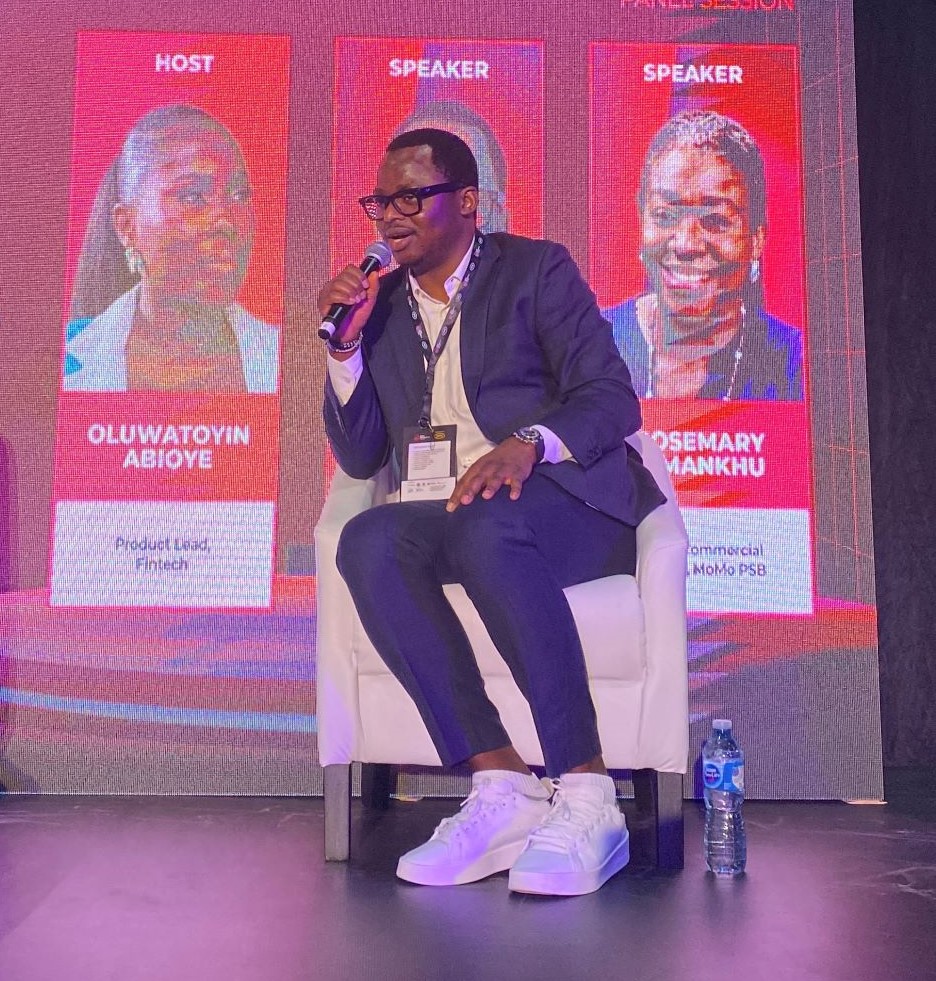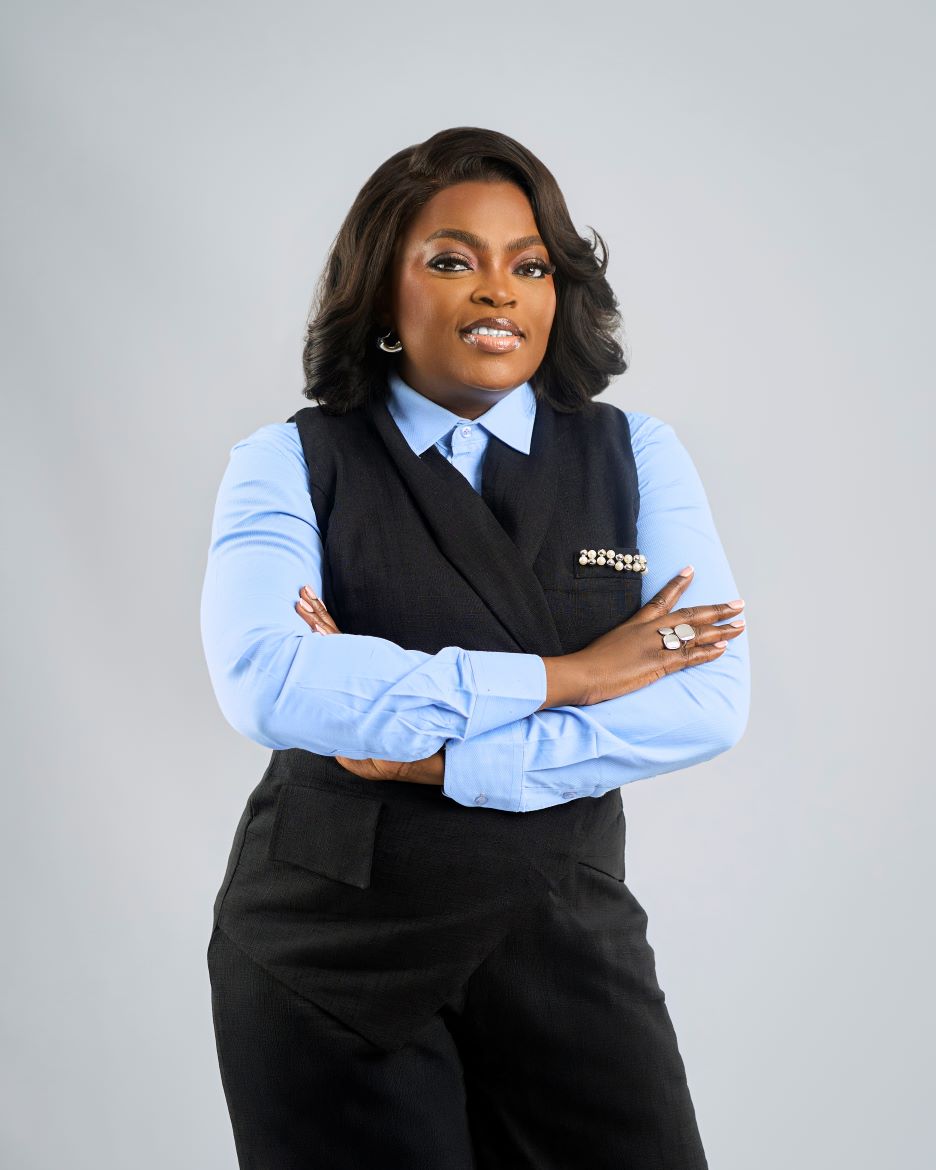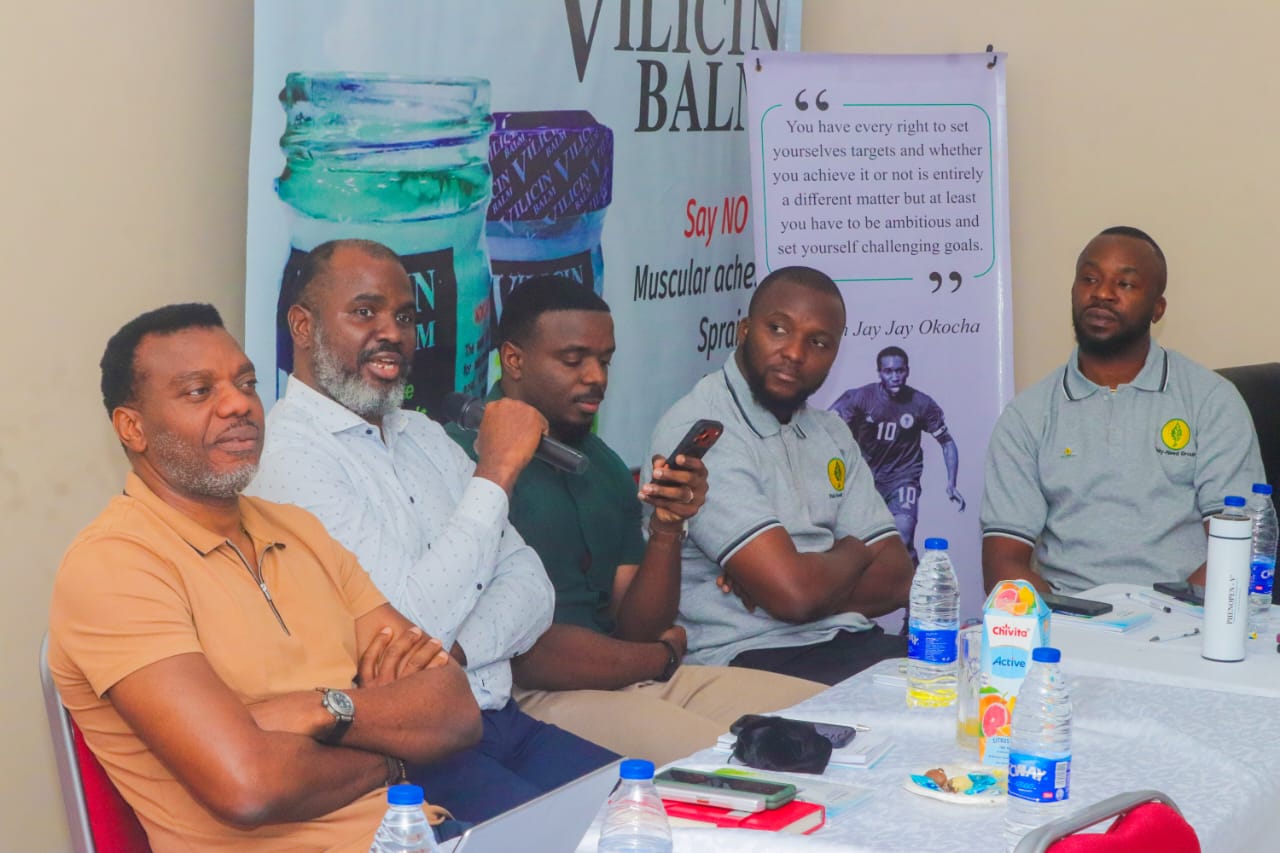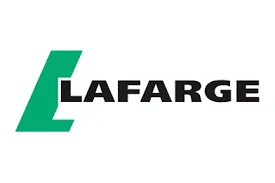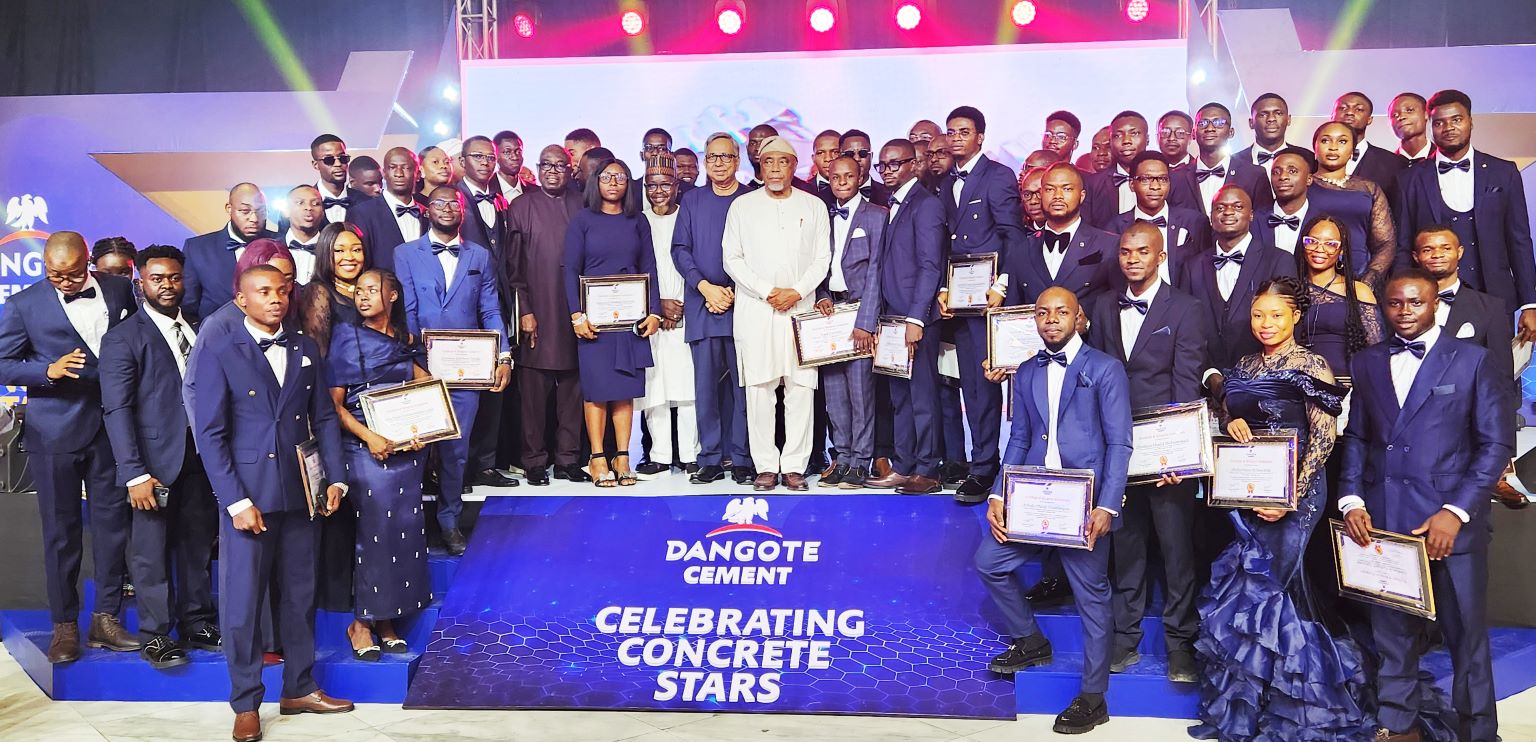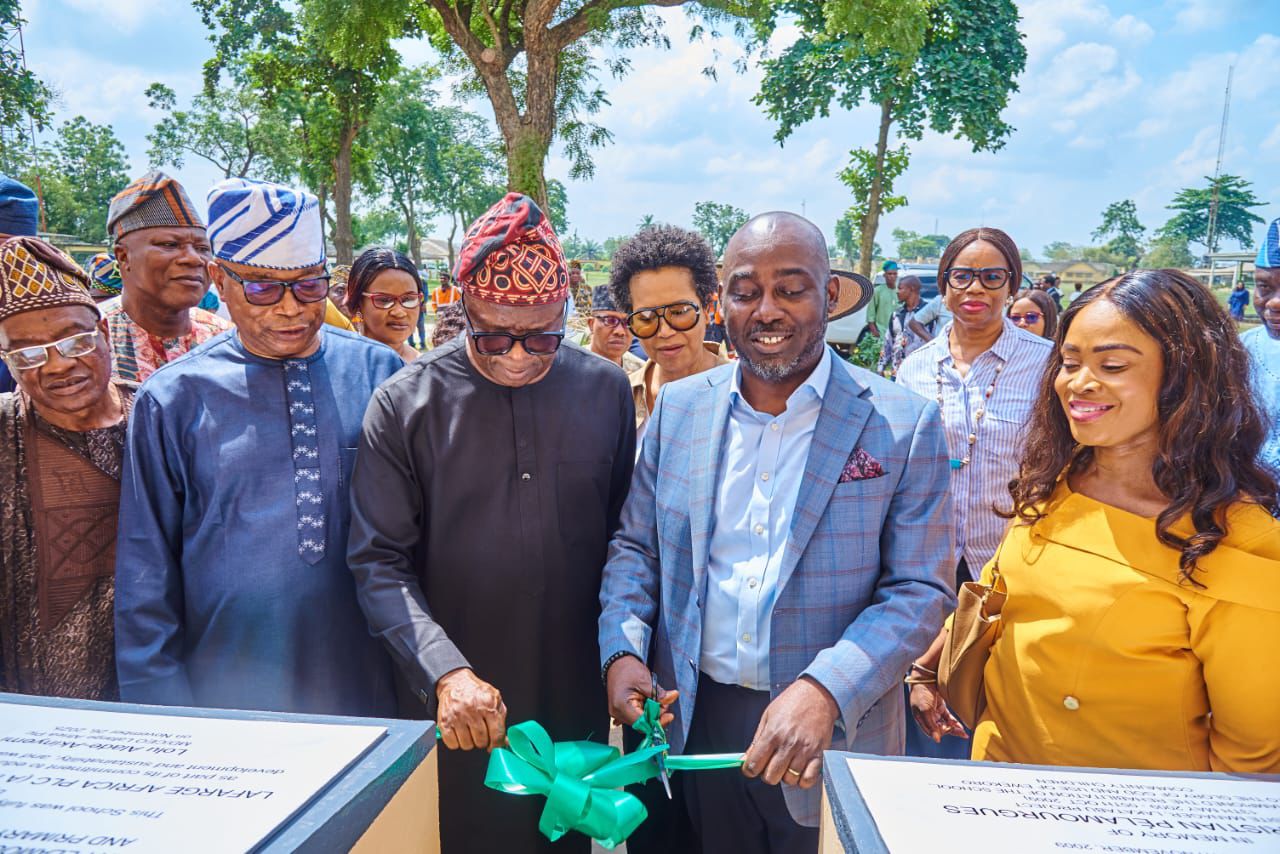Chief Osunkeye Speaks On Exit Of Foreign Companies
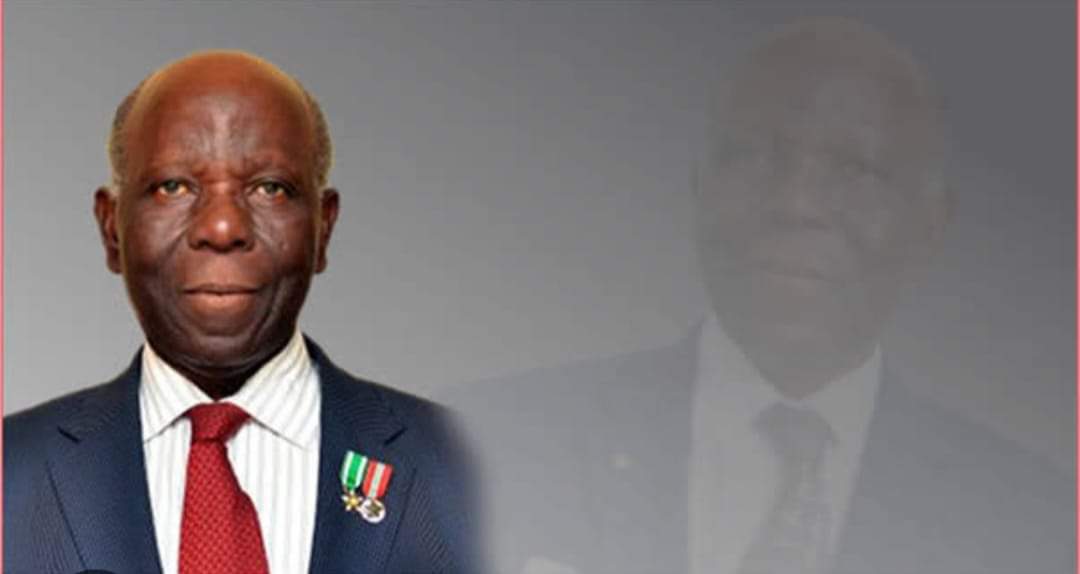
A retired CEO of Nestle Plc, Chief Segun Osunkeye, who later served as Chairman of Nestlé and GSK, has bared his mind on the issue of foreign companies exit from Nigeria.
The respected industrialist, Chief Osunkeye said, “I am not saying that the foreign companies do not have their fault, they do. Procter and Gamble left, I have my own views about that. If Procter and Gamble had taken the long term view, they would have known that they could do backward integration for cotton because cotton is the main thing for their products. But they didn’t do that. They threw up a factory of 300 million dollars in Agbara, and we applauded them for that. However, they should have gone to farmers, like the Nigeria Tobacco Company did in those days, and began to plant tobacco. Also with their expertise, refine the cotton through research to meet the things they needed. This is where Nestlé was different. Nestlé is a prime example because they have invested in backward integration; they are resilient, well on the ground and profitable”.
“The raw materials were imported before, but with people like me being in Nigeria, I was hammering on the need to do backward integration every year when we were doing long-term plans – five or 10 years. Because I am a Nigerian, I know the benefits. If I was an expatriate, I wouldn’t have the same passion. Fortunately, they listened because it was mutual self-interest. When I say mutual, it means as they benefit, Nigeria benefits. I am not only an industrialist; I am an accomplished commercial farmer because Nestlé started a subsidiary company and said “you run this subsidiary company”.
“The reason for the subsidiary company is to get raw materials – Agro-allied Development Company Nigeria Limited. While we looked for land between Kaduna and Abuja, we found 2,000 hectares which took us 18 months to clear. Out of the 2,000 hectares, we finally did only 900 hectares. Before planting anything, there was a need to make roads to take machines there. Then we started asking questions: Where do we get the labourers? We had to go to Kaduna to get labourers. How did we get them from Kaduna to the farm? We had to look for trailers and assemble the labourers because they came from diverse places. These were part of the problems we faced. When they also worked for one or two hours, they would say they were tired and they wanted to return back to town.”
“When they got paid weekly, they wouldn’t come again. Those were the problems. Agriculture is more difficult than manufacturing because in manufacturing, one can predict. Are the raw materials ready? Are the machines cleaned? Are they well-tuned? Once there are answers to these questions, one can start producing the next day. In agriculture, it is not so. I give you two instances. First, we planted, I think it was the first year. Somebody wanted to kill a rabbit somewhere and I think it went into the hole; to smoke the rabbit out, the person made a fire and set the whole farm on fire. One year effort was gone. The following year, drought came, which was too much. A year after, it was too much rain.”
“The three things we were planting were maize, sorghum and soybeans. Eventually, it didn’t work out well. At the time we started the farm, we were training about 100, but 70 turned up eventually and we showed them the best practice – when to plant, how to plant and where to plant. They were supplementing us, but we were still importing some of the things until we could get enough supply. When all these costs were put together, it was unprofitable for us. This is where the difference is. Nestlé didn’t give up. We trained 70 as farmers and we were buying from them, so they now became our own suppliers. We sold that farm to somebody in the North. I don’t know whether it still exists there. When we sold it, we had enough Nigerians all over. Today, Nestlé is drawing supplies from over 40, 000 farmers and it is going to be continuous. When we started, Nestlé abroad had to close two factories because our Maggi cube in Nigeria was a big market. Before, we used a raw material called max which was like powder.”
“It made for employment in Europe, so when we now began to use our own local raw materials and we didn’t need any from them, Nestlé had to close (two factories) and they had union problems. Nestlé persevered and I must thank Nestlé because it is a serious company that is committed. During apartheid, they said all the foreign companies should leave (South Africa) as a way of punishment, Nestlé said, “no, before apartheid, we were here and after apartheid, we will be here”. And so it is with Nigeria. They will not leave if you allow them to run the company.”




